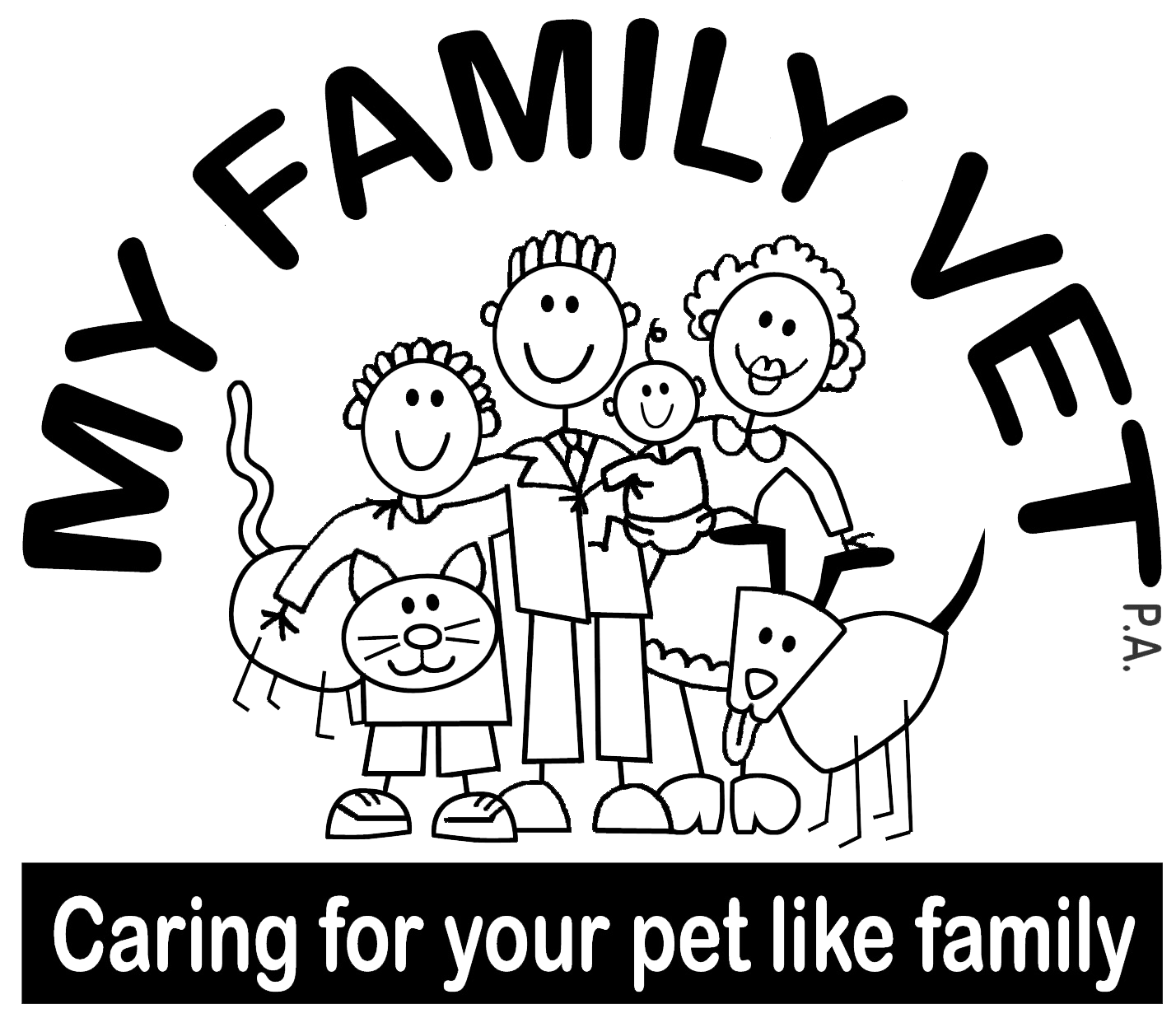Library
-
Porcupine quills can puncture the skin and move through muscle, ultimately penetrating into body cavities and internal organs. They contain barbs like fishhooks and tend to migrate inwards instead of being expelled. Do not cut quills or attempt to remove the quills yourself. Seek immediate veterinary care if your dog is quilled. Sedation or anesthesia is required to remove quills safely.
-
A portosystemic shunt causes a bypass of blood from the gastrointestinal tract directly into the systemic circulation, avoiding the normal detoxifying process that happens in the liver and reducing nutrient input into the liver. Liver shunts can be congenital or acquired. Signs, treatment, and prognosis are discussed.
-
Guarding desired items can be a normal behavior in dogs, but when it escalates, the safety of both people and animals is compromised. Exercises to prevent and reverse guarding behavior can be beneficial to any dog. Professional guidance is needed for any dog who repeatedly conflicts with people or pets because of guarding behavior.
-
Special care must be taken when your dog comes home after an operation to ensure the incision area stays clean and dry and heals properly. Some signs are cause for concern, and if observed, call your veterinarian right away.
-
Potassium salts are given by mouth or injection and are primarily used off label to treat low blood potassium levels. Common side effects include nausea or discomfort.
-
Povidone iodine topical (brand names Vetadine®, Poviderm®, Povidine®, others) is a topical antiseptic used on the skin prior to surgery and in first aid treatments for cats and dogs. It has been used in aquatic species and reptiles to treat fungal infections and wounds. Povidone iodine topical comes in liquid solution, gel, ointment, scrub, shampoo, and spray forms.
-
Pradofloxacin (brand name Veraflox®) is an antimicrobial medication used to treat bacterial infections. It is used to treat skin, urinary tract, and respiratory tract infections in cats. Pradofloxacin is approved for use in dogs in certain countries. It is used "off label" or "extra label" to treat other types of infections in cats and some types of infections in dogs.
-
Praziquantel is given on and off label and by mouth or injection to treat various internal parasites in cats, dogs, small mammals, birds, reptiles, and large animals. Do not use in pets that are allergic to it, in puppies less than 3 weeks old, or kittens less than 6 weeks old.
-
Praziquantel/pyrantel pamoate (brand name Drontal) is an oral antiparasitic drug used to treat and control hookworms, roundworms, and tapeworms in cats and kittens that are at least 8 weeks of age and weigh at least 0.9 kg (2 lb), and in dogs and puppies that are at least 12 weeks of age and weigh at least 2.7 kg (6 lb). Praziquantel/pyrantel pamoate comes in tablet form.
-
Praziquantel/pyrantel pamoate/febantel (brand name Drontal Plus) is an oral antiparasitic drug used to treat and control hookworms, roundworms, whipworms, and tapeworms in dogs and puppies that are at least 3 weeks of age and weigh at least 0.9 kg (2 lb). Praziquantel/pyrantel pamoate/febantel comes in tablet form. It may be used “off label” or “extra label” in other species (not recommended in cats) for certain conditions.



